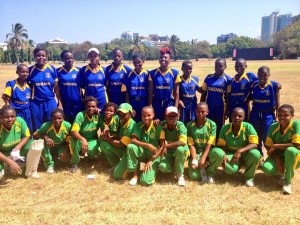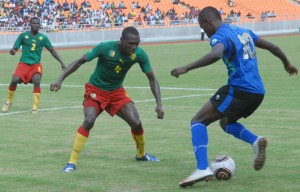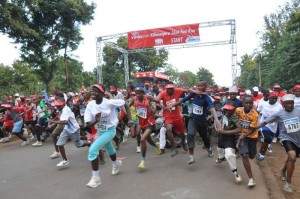by Philip Richards
Cross Country
Five Tanzanian athletes took part in the world cross-country championships held in Beijing in late March. Hopes were raised that the lean spell since the last time the country won a medal – 1991 when Andrew Sambu triumphed at the Antwerp Championship in Belgium – could end. Whilst there were no medals, the team finished a respectable sixth position in a competition which attracted 410 athletes from 51 nations with Ismail Juma one of the better performing athletes. The post mortem will again focus on the need for more adequate preparation time. (The Guardian 30/3/15)
Football
The drive to find and develop world class players of the future has been strengthened, thanks to a ground-breaking deal worth TSh 16bn between the National Social Security Fund (NSSF) and Spain’s football giants Real Madrid to construct an ultra-modern sports complex in Kigamboni, on the outskirts of Dar es Salaam. (The Citizen, 27/1/15)
NSSF director general, Ramadhan Dau revealed that the construction of the NSSF Sports Centre would get underway in the next four weeks. The NSSF-Real Madrid Sports Academy project is the second in the country after the Kidongo Chekundu academy being constructed by Symbion Power and English Premier League side, Sunderland FC.
Not so good news for the national side Taifa Stars who have fallen to 107th in the latest FIFA rankings (Daily News 10/4/15). The next goal is to qualify for the 2017 Africa Cup of Nations which is a tough group with Nigeria and Egypt (45th and 51st respectively in the current rankings) included, along with Chad (151st).
Cricket
The senior national cricket team’s delivered a lacklustre performance in this year’s ICC Africa Twenty20 Division 1 Qualifiers in South Africa, which brought together the top six associate members in the continent: Botswana, Ghana, Kenya, Namibia, Tanzania and Uganda.
Namibia and Kenya, who finished in the top two spots of the tournament, have secured qualification for the World Twenty20 Qualifiers in Ireland and Scotland later this year, where the top six teams will qualify for the 2016 ICC World Twenty20 finals in India. Tanzania finished last after suffering defeat in all matches to now face relegation to the ICC Africa Twenty20 Division 2 Qualifiers. An anonymous player is quoted as citing lack of competitive friendlies, financial backing, and throwing talented but inexperienced players into high profile tournaments too quickly, as some areas that needed to be addressed by management. (Guardian, 3/4/15)



